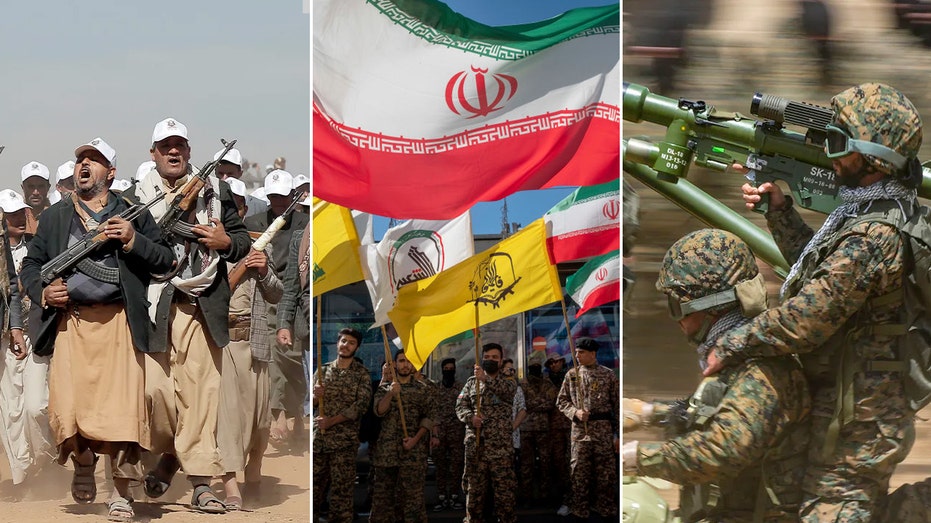Iranian armed forces plan to triple Revolutionary Guard budget thanks to oil exports
Iran's military forces will get a large influx of cash thanks to a booming energy economy, despite Western sanctions.

Iran's military forces will get a large influx of cash thanks to a booming energy economy, despite Western sanctions.
The regime's upcoming 2025 budget will triple the amount of oil revenue allocated to its armed forces.
As tensions with Israel and by proxy the U.S. reach a fever pitch, the government expects next year to take in $26 billion from oil exports, 37.5% of its total revenue. Half of that amount, around $13 billion, will be directed toward military spending, according to a report on the budget by Iran International.
Officially known as the Islamic Republic of Iran Armed Forces, they consist of the Army, the Islamic Revolutionary Guard Corps (IRGC) and the Law Enforcement Forces (LEF).
The other 42.5% will go toward the government’s operating budget, with 6.5% earmarked for "special projects."
This year’s Iranian armed forces have a total budget of $17 billion, including $4.5 billion from oil revenues. The budget does not say how much money the military will get from other sources next year.
Around 95% of the nation’s oil exports go to China, which buys it at a discounted rate due to the liability of skirting sanctions. In total, the government projects the nation in total, including non-governmental entities, will bring in $69 billion from oil and gas exports, around $5 billion of that from domestic energy sales.
The budget reveals that Iran expects to increase daily exports by 350,000 barrels, bringing the total to some 3.75 million barrels per day next year. Iran has no plans to build new oil refineries, so the entire increase is intended for export.
Republicans have long criticized the Biden administration for "turning a blind eye" to illicit oil and gas sales and refusing to enforce sanctions, which they say enriched Iran to fund its proxies Hamas and Hezbollah to attack Israel and the Houthis to attack Western trade routes.
Despite U.S. sanctions, Iran has been able to export near-record amounts of oil, around 1.7 million barrels per day.
After the Trump administration pulled out of the Iran nuclear deal in 2018, it imposed harsh sanctions on the regime to stop its funding of proxies abroad, banning U.S. citizens from trading with Iran or handling Iranian money.
It also punished entities in other countries that did business with Iran by cutting them off from the dollar.
INTELLIGENCE REPORT SAYS IRAN WILL KEEP TRYING TO KILL TRUMP REGARDLESS OF ELECTION OUTCOME
President Biden often waived enforcement of such sanctions, keen to bring Tehran back to the negotiating table to prevent it from acquiring nuclear weapons and fearful of driving up global oil prices.
Iran gained access to more than $10 billion through a State Department sanctions waiver that allowed Iraq to continue buying energy from Iran, which the Biden administration argues is necessary to keep lights on in Baghdad.
White House National Security Council spokesperson John Kirby has insisted none of the funds go to the IRGC or Iran’s Supreme Leader Ayatollah Ali Khamenei, but are "for humanitarian goods."
Earlier this month, the Energy Information Agency published a report finding Iran sold $144 billion in oil abroad between 2021 and 2023. Under a maximum pressure period in 2020, Iranian oil sales had decreased to $16 billion.
In the first half of 2024, Iran had already brought in $24 billion from oil exports.
On Friday, the U.S. hit Iran with fresh sanctions on its so-called shadow fleet of ships circumventing sanctions to sell Iranian oil in response to the missile attack on Israel at the start of the month.
What's Your Reaction?

















